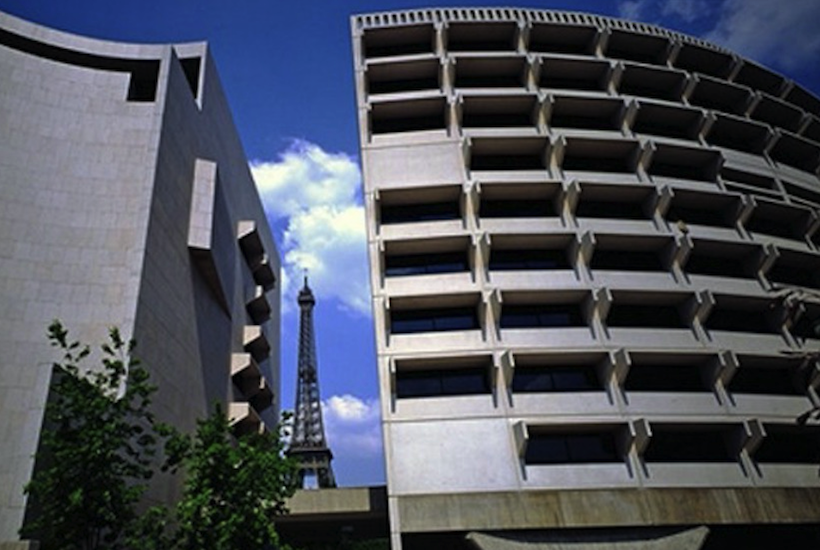The Australian Embassy Recreational Club is a handsome, French colonial-era building with a swimming pool, manicured garden and extensive space for entertaining, sited on the banks of the Mekong, in Vientiane, Laos.
It’s owned and maintained and used for entertaining by members of the Australian embassy in Vientiane (the embassy is sited elsewhere, in equally salubrious surrounds) and is strictly for the use of Australian passport holders and their invited guests (a recent Facebook page shows happy young Laotian students enjoying a function at the Club).
The Australian Embassy Recreational Club, like the equally well-sited ‘end-of-empire’ clubs left behind by the British, French, and Dutch colonials when they finally pulled up stumps and headed home, is where Australians gather to meet and mingle, at least on the premises with their countrymen and women and their invited guests.
The admission rules of the Vientiane Recreational Club are rigorously enforced by the live-on-premises elderly caretaker who, when your correspondent was working in Vientiane, refused, in polite English and French, a visiting New Zealander, not in possession of an Australian passport.
Like the Embassy Recreational Club, Australia, through the federal government, is a landlord owning many such discreet but often surprisingly luxurious properties, all designed to make life a little more sympathique for our hardworking diplomats and their families. Even the short-lived Australian mission in East Berlin (now mouldering into ruin), possessed a tennis court but many are equipped with more modern recreational facilities, all listed on a closely-held basis, as the real estate agents like to say, in DFAT hands.
Labor, well supported by ‘your’ ABC, has been daring the government to declare the surplus is dead. Well, not if a couple or more of these well-sited properties are sold off to the highest bidders, on today’s global property market. Some are historically off-limits – no one could ever suggest Australia House on the Strand should be sold to a Russian oligarch –though there would be no dearth of prospective bidders if it ever went under the hammer.
But there are plenty of precedents for Australian-owned real estate to be sold in times of national financial stress – in the seventies, the Australian embassy in Tokyo moved from its pre-and post-war inner-city site to Chiba, on Tokyo’s outskirts, with no noted ill-effects for either our bilateral relations or the safety and well-being of our foreign-service officers.
If the Treasurer really wants to maintain the surplus – a herculean task, with the pile-on of bushfires, floods, and coronavirus, he might request from DFAT a full and comprehensive list of our international real estate and ask his department to ascertain each property’s value and usefulness to the national as a whole – remembering that the many Australians who contributed to their purchase and upkeep will never set foot in them ever in their lifetimes.
And if that measure doesn’t suffice, well, there’s surely a Russian oligarch art collector happy to add Jackson Pollock’s Blue Poles –- another valuable asset belonging to the Australian nation — to his collection.
Illustration: DFAT.
Got something to add? Join the discussion and comment below.
Got something to add? Join the discussion and comment below.
Get 10 issues for just $10
Subscribe to The Spectator Australia today for the next 10 magazine issues, plus full online access, for just $10.


























Comments
Don't miss out
Join the conversation with other Spectator Australia readers. Subscribe to leave a comment.
SUBSCRIBEAlready a subscriber? Log in